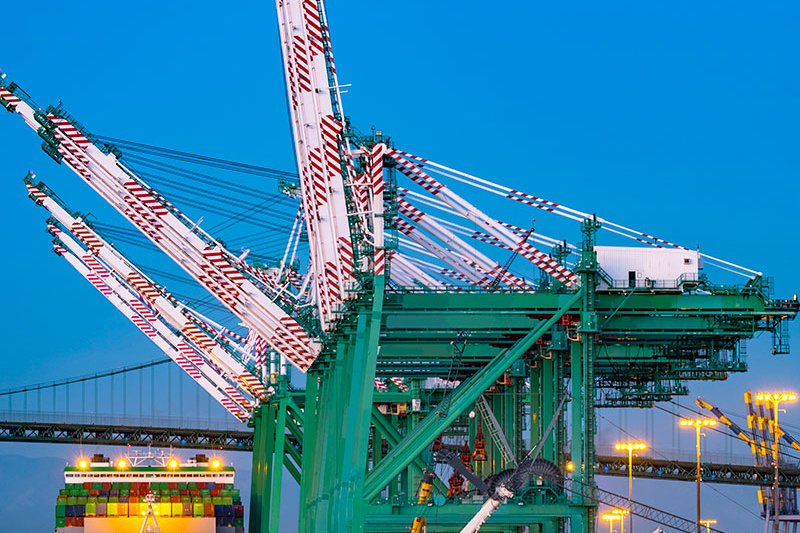Taiwanese businesses and investors must weigh foreign direct investment considerations
While most FDI regimes encourage foreign investment, the growing number and greater sophistication of regimes can add to transaction uncertainty.

After withstanding the impact of COVID-19 in 2020, 2021 witnessed a sharp rebound globally across capital markets, private equity, finance and other corporate deal-making. The rebound was expected—the combination of the pressure to deploy significant amounts of raised capital and pandemic-driven asset value distortion presented attractive value propositions for many stakeholders. The magnitude of the rebound, however, was unexpected.
The exuberance carried over into early 2021, but when the Ukraine conflict started in February 2022, it exacerbated ongoing geopolitical fractures and economic decoupling, quickly dampening any optimism for sustained deal-making in 2022. The security of energy, food and other commodities became a key risk theme in 2022.
However, volatility is not necessarily a bad thing. With careful planning (many steps ahead) on how to manage the current volatility, we believe investors and businesses in Taiwan will be in a prime position to capitalize on Taiwan's critical role in global trade once normalcy resumes.
Following our 2022 Taiwan webinar series in September and October, we hope this year's report for Taiwanese businesses and investors provides helpful guidance during a volatile time.
We begin with an overview of the current state of affairs related to global regulatory developments in foreign direct investment (FDI). Various black swan events in 2022 drove, and will continue to drive, geopolitical fractures and economic decoupling globally. In addition, global FDI regulatory regimes have rapidly matured to the point where it is critical for Taiwanese investors and businesses to ensure maximum deal certainty by considering FDI analysis as probably the most important task they need to manage before embarking on any cross-border investments relating or peripheral to critical infrastructure and technologies.
We then summarize recent European Union court judgments that established what is deemed anti-competitive behavior in the context of exclusivity rebates. Taiwanese businesses trading in dominant positions in the EU should carefully weigh the impact of these judgments on trading practices.
Next, we provide our thoughts on the trends and headwinds in M&A and corporate transactions relating primarily to Taiwan and the rest of the Asia-Pacific region. We hope the thematic investment developments, changing jurisdictional focus and the excess liquidity data points flagged in the overview will help guide investors and businesses in their quest for low-beta high-alpha investments.
To underscore emerging thematic investment developments and value discovery in Taiwan and globally, this year we introduced a webinar session focusing on ESG. This is a rapidly evolving theme which, given its growing importance in the capital markets, financing and corporate transactions, is driving increasing regulatory regimes globally. Because of differing ESG compliance standards globally, investors and Taiwanese businesses should carefully consider the complexities in structuring a compliant and bankable ESG-focused transaction.
This year, we also introduced a webinar session focusing on fund formation. In our report, we summarize the concept of a continuation fund, a fund product that may be of interest amid volatility, and which has affected fund exits.
And finally, we summarize the state of affairs in global sanctions. The CHIPS and Science Act, which came into force in August 2022, is particularly relevant to Taiwan semiconductor companies. Given Taiwan's dominant position in the global semiconductor industry, this legislation has significant impact on the industry's supply chain and economics.
We look forward to discussing these and other issues with you.
While most FDI regimes encourage foreign investment, the growing number and greater sophistication of regimes can add to transaction uncertainty.

Key 2022 judgments apply a five-factor analysis outlined by the EU's highest court in 2017.

How Taiwanese and other firms have weathered 2021’s perfect storm and its aftermath.

As stakeholders embrace ESG considerations, risks, opportunities and challenges to integration remain

These funds create opportunities, but can present legal and business challenges.

Understanding the recent ban of certain chips to China and the new semiconductor-related export controls
